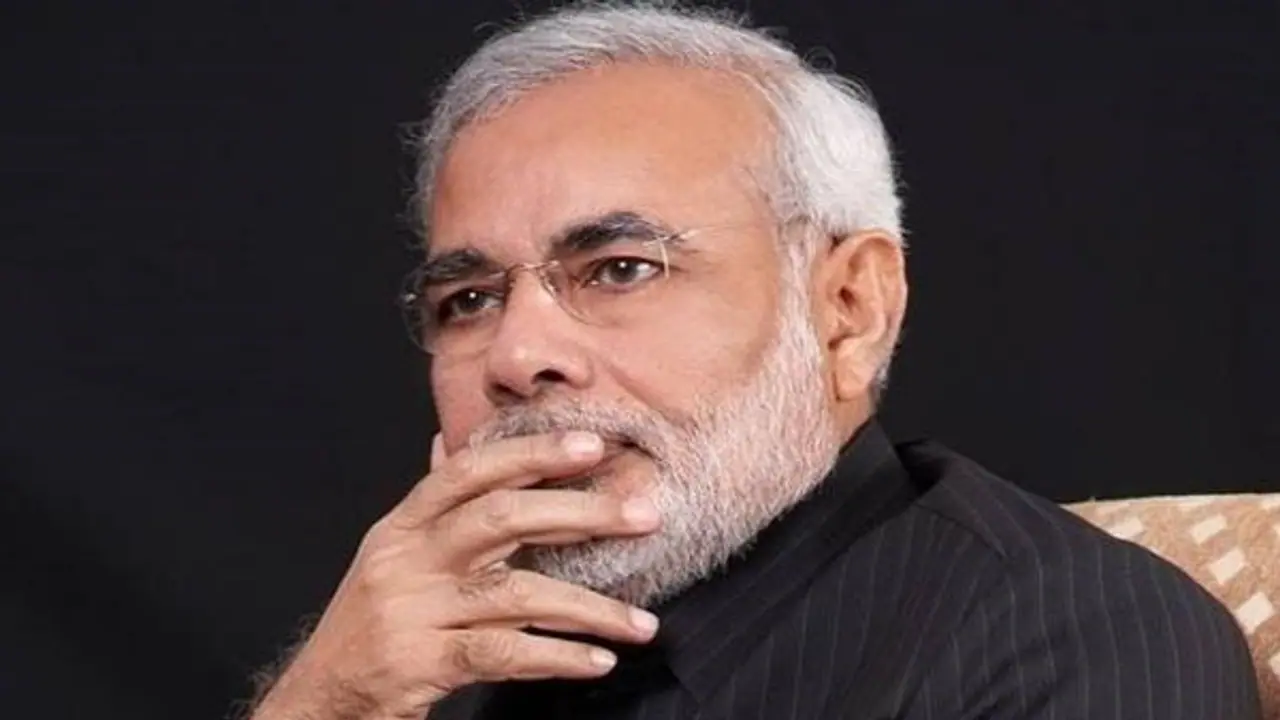In June 2017, India and China were engaged in a two-month stand-off in Doklam. The corridor, also called the 'chicken's neck', is a vulnerable area for India. The stand-off happened when China tried to build a road in the area, towards a Bhutanese army camp
New Delhi: Prime Minister Narendra Modi, when asked if he, like Jawarharlal Nehru, was backstabbed by China, which precipitated a crisis in Doklam, despite his special and personal efforts to mend relations, said, "India should be judged on the basis of its response in Doklam. And nothing has happened with India that can be considered as deceit, but our principled position has been that we want friendly relations with neighbours."
The Prime Minister was speaking to news agency ANI in an interview on Tuesday.
In June 2017, India and China were engaged in a two-month stand-off in Doklam. It is an area lying between Tibet's Chumbi Valley to the north, Bhutan's Ha Valley to the east and the Indian state of Sikkim to the west. It is strategically located near the Siliguri Corridor, connecting mainland India to its Northeast. The corridor, also called the 'chicken's neck', is an area where India is vulnerable. The stand-off happened when China tried to build a road in the area, towards a Bhutanese army camp. Both Bhutan and India consider the area where the road was to be constructed to be a part of Bhutanese territory.
India felt that such a construction would represent a significant change of status quo and it would have serious security implications for the country. The road could also have been used by China to mobilise troop movement. Bhutan objected to it, saying that it directly violated agreements and affected the process of demarcating its boundary with China.
A few hundred Indian troops entered Doklam on Bhutan's call and stopped the construction. China retorted that India had no right to interfere in or obstruct its boundary talks with Bhutan.
Also read - PM Modi: Pakistan won't learn its lesson in one battle, but India always open to talks
Doklam is important for China as it is at a military disadvantage in the Chumbi Valley. Control of Doklam will give China control over the Chumbi Valley and Siliguri Corridor.
India and China share one of the longest disputed borders in the world. It comprises 37,000 sq km of uninhabited Aksai Chin and Arunachal Pradesh. The area has 1.4 million residents and spreads over 84,000 sq km. There have been reports of a troop build-up on either side of the border. The two sides have clashed on a host of issues and have fought a war in 1962.

